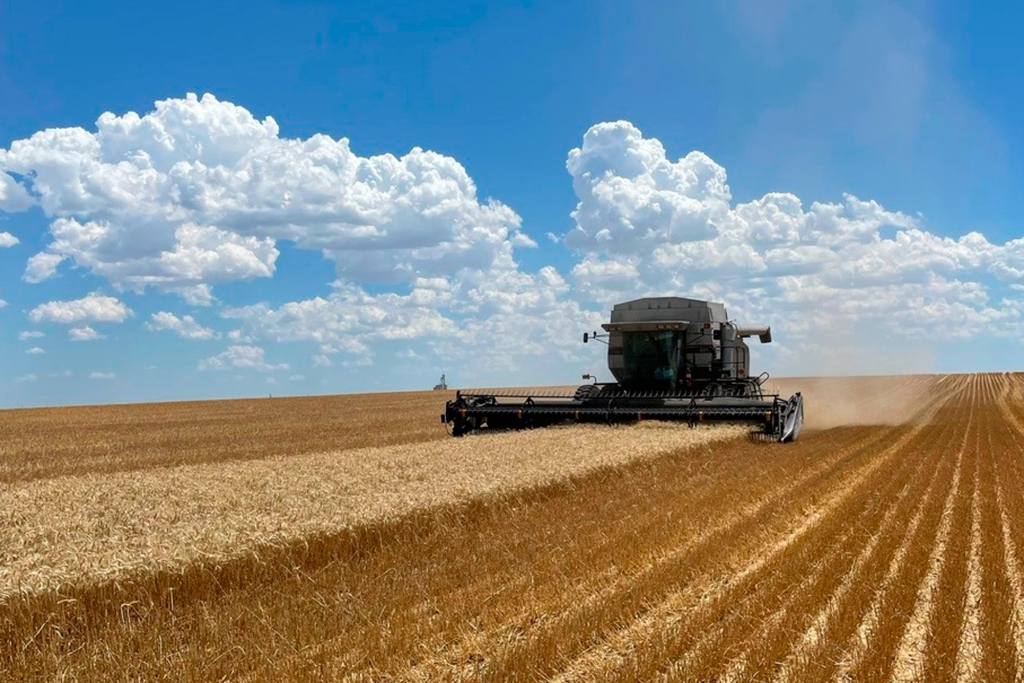By Jesse Bedayn | Associated Press/Report for America
DENVER — On Colorado’s northeastern plains, where the pencil-straight horizon divides golden fields and blue sky, a farmer named Danny Wood scrambles to plant and harvest proso millet, dryland corn and winter wheat in short, seasonal windows. That is until his high-tech Steiger 370 tractor conks out.
The tractor’s manufacturer doesn’t allow Wood to make certain fixes himself, and last spring his fertilizing operations were stalled for three days before the servicer arrived to add a few lines of missing computer code for $950.
“That’s where they have us over the barrel, it’s more like we are renting it than buying it,” said Wood, who spent $300,000 on the used tractor.
Wood’s plight, echoed by farmers across the country, has pushed lawmakers in Colorado and 10 other states to introduce bills that would force manufacturers to provide the tools, software, parts and manuals needed for farmers to do their own repairs — thereby avoiding steep labor costs and delays that imperil profits.
“The manufacturers and the dealers have a monopoly on that repair market because it’s lucrative,” said Rep. Brianna Titone, a Democrat and one of the bill’s sponsors. “(Farmers) just want to get their machine going again.”
In Colorado, the legislation is largely being pushed by Democrats while their Republican colleagues find themselves stuck in a tough spot: torn between right-leaning farming constituents asking to be able to repair their own machines and the manufacturing businesses that oppose the idea.
The manufacturers argue that changing the current practice with this type of legislation would force companies to expose trade secrets. They also say it would make it easier for farmers to tinker with the software and illegally crank up the horsepower and bypass the emissions controller — risking operators’ safety and the environment.
Similar arguments around intellectual property have been…
Read the full article here







